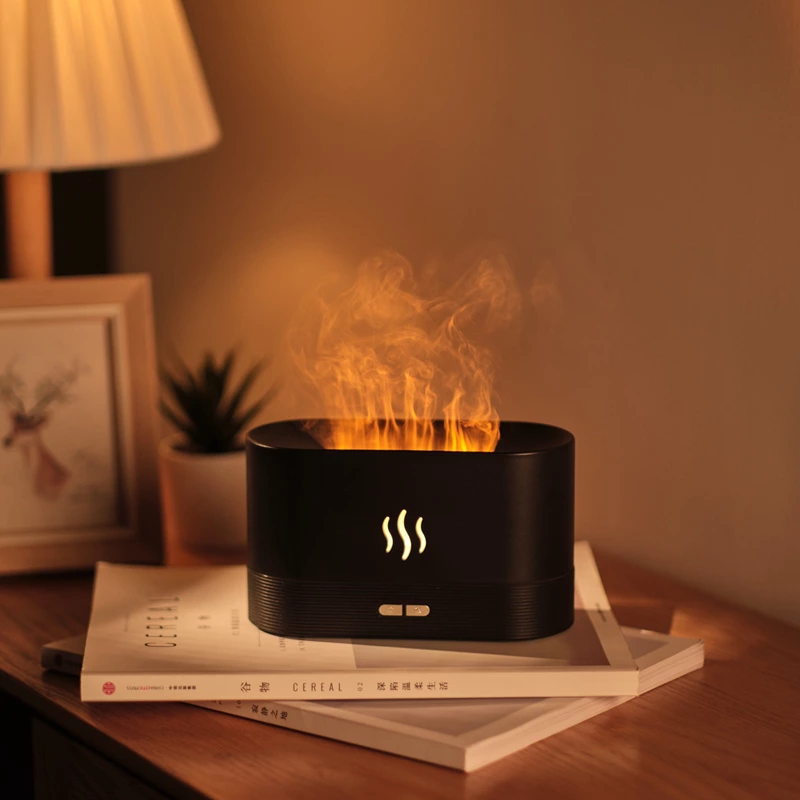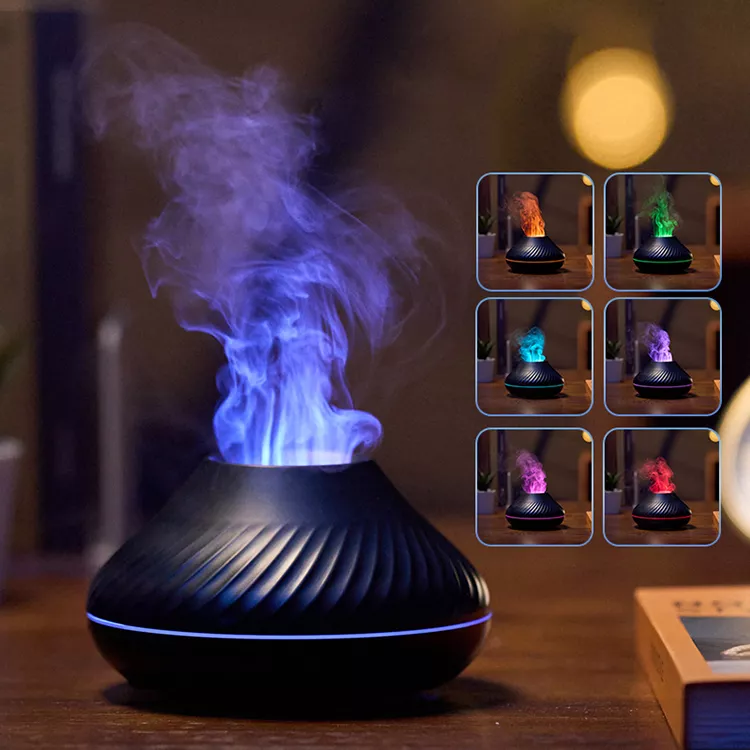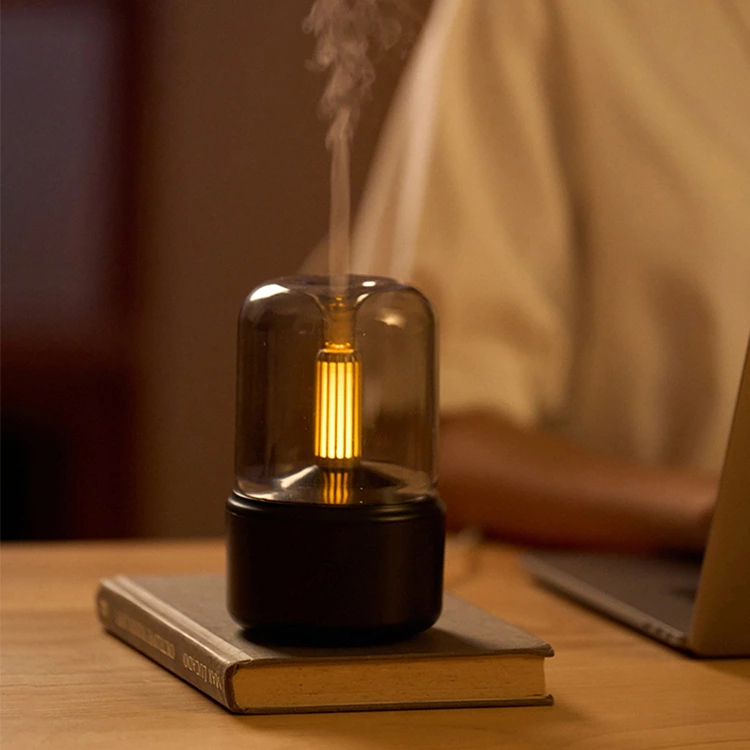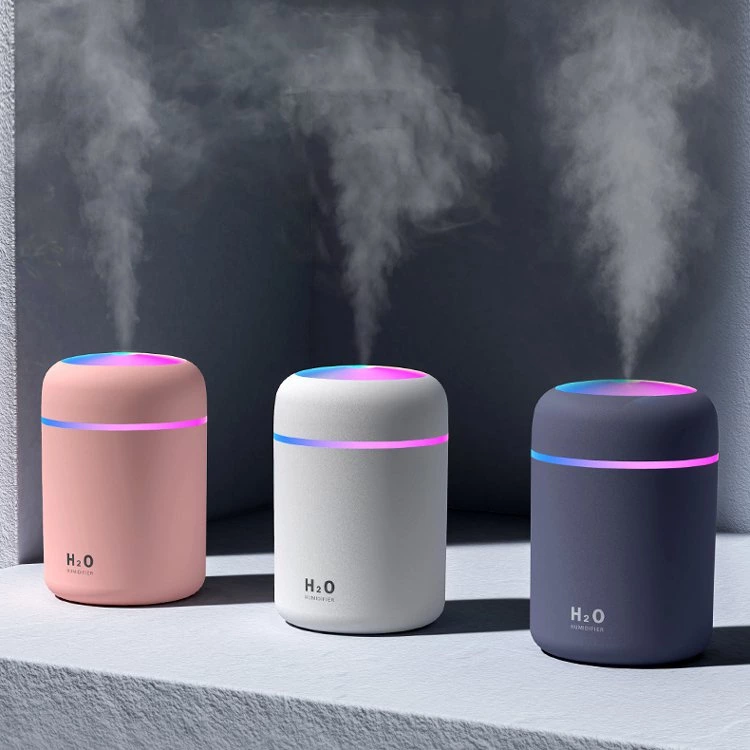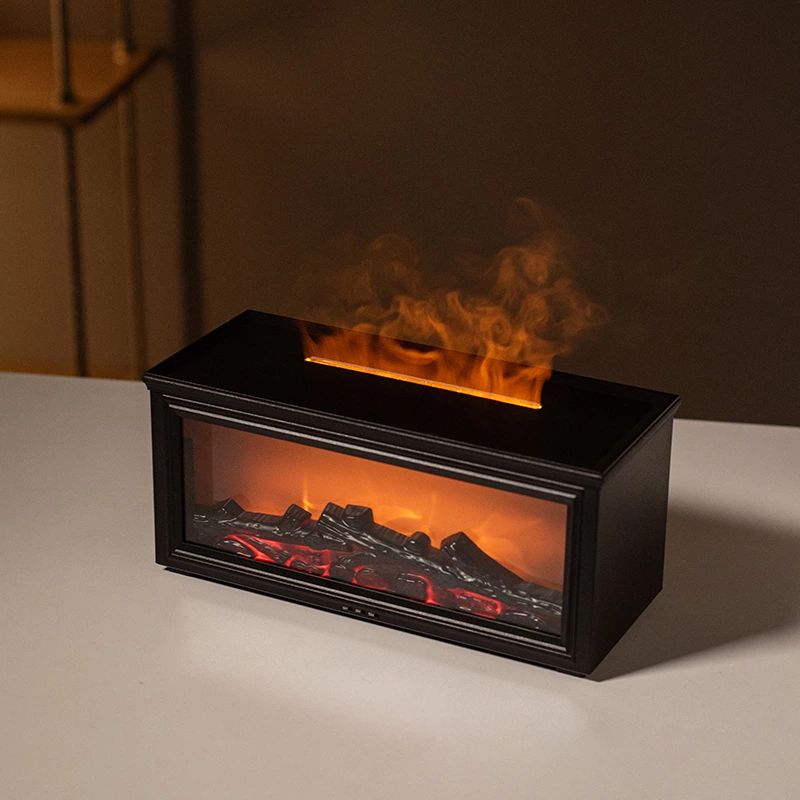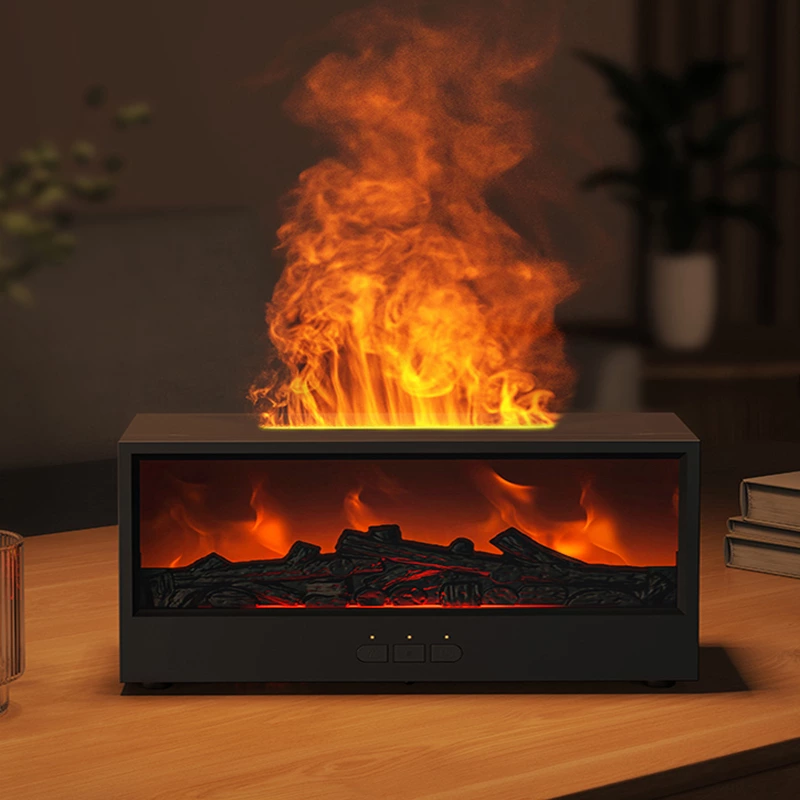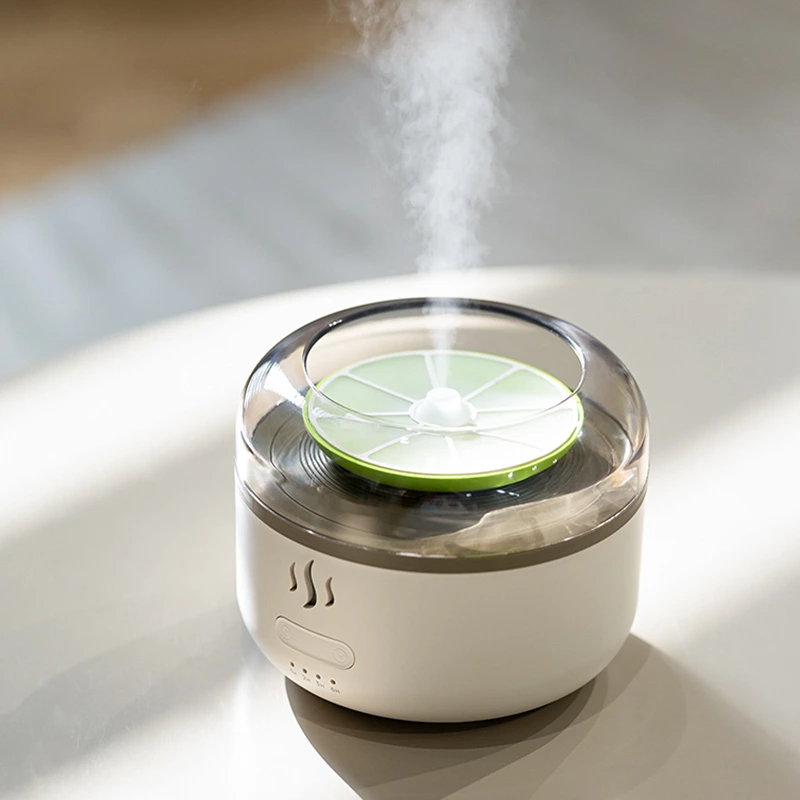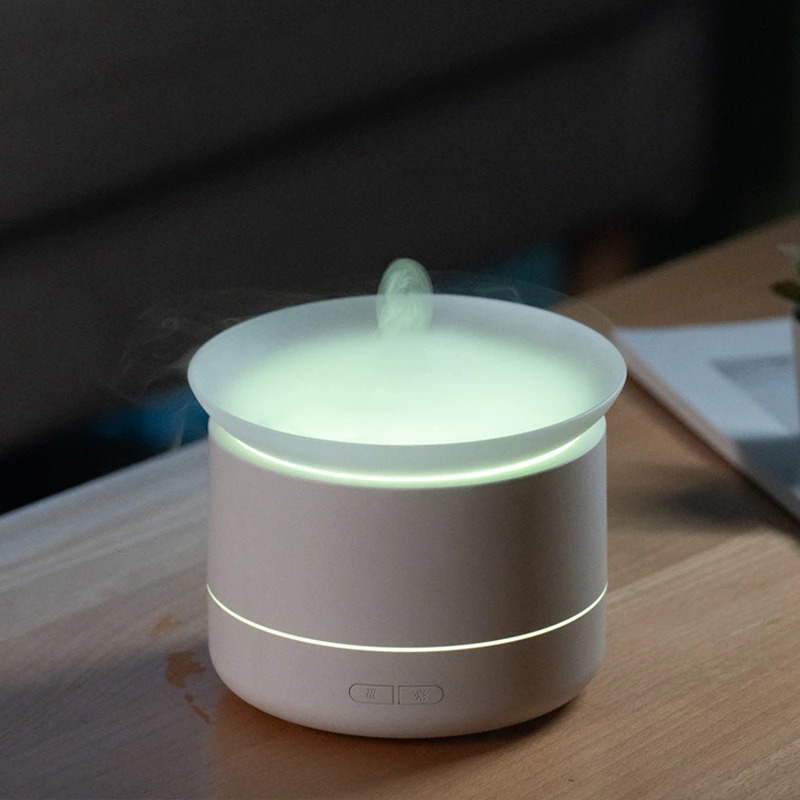What should you consider when choosing an oil diffuser?
Oil diffusers are becoming increasingly popular among people who want to create a relaxing and refreshing atmosphere in their homes or workplaces. They work by diffusing essential oils into the air, providing a subtle scent that can help to improve mood, reduce stress, and promote better sleep. However, with so many oil diffusers available on the market, it can be challenging to know which one to choose. In this article, we'll take a look at some of the factors you should consider when choosing an oil diffuser.
Type of diffuser
There are several types of oil diffusers available, including ultrasonic, nebulizer, evaporative, and heat-based diffusers. Ultrasonic diffusers are the most popular type and work by using water and ultrasonic vibrations to break down essential oils into a fine mist. Nebulizer diffusers, on the other hand, use pressurized air to diffuse the oils, while evaporative diffusers use a fan to evaporate the oils into the air. Heat-based diffusers use heat to vaporize the oils. Each type of diffuser has its advantages and disadvantages, so consider which type will work best for your needs.
Size and capacity
The size and capacity of an oil diffuser will determine how much oil it can hold and how long it can diffuse before needing a refill. If you plan to use the diffuser in a large room, you will need a larger capacity diffuser to ensure that the scent is evenly distributed throughout the space. Conversely, a smaller diffuser may be sufficient for a small room or personal use.
Material and design
Oil diffusers come in a range of materials, including plastic, ceramic, glass, and wood. Plastic diffusers are the most common and affordable, while ceramic, glass, and wood diffusers are often more decorative and stylish. Consider the design of the diffuser and how it will fit with your home or office decor.
Timer and settings
Some oil diffusers come with built-in timers and settings that allow you to customize the amount of time the diffuser runs and the strength of the scent. This can be useful if you want to use the diffuser overnight or if you want to control the intensity of the scent.
Noise level
While most oil diffusers operate quietly, some models can produce a noticeable hum or noise. If you plan to use the diffuser in a bedroom or other quiet space, choose a model that operates quietly.
Ease of use and maintenance
Consider how easy the diffuser is to use and maintain. Some diffusers require frequent cleaning to prevent clogging or damage, while others have removable parts that can be easily washed. Look for a model that is easy to fill, clean, and operate.
Price
Oil diffusers come in a range of prices, from under $20 to over $100. While a higher price does not always mean better quality, investing in a higher-end diffuser can often provide better performance and durability.
In conclusion, choosing the right oil diffuser can make a significant difference in creating a relaxing and rejuvenating environment. Consider the type of diffuser, size and capacity, material and design, timer and settings, noise level, ease of use and maintenance, and price when making your decision. By taking the time to find the right diffuser, you can enjoy the benefits of essential oils in your home or workspace for years to come.

